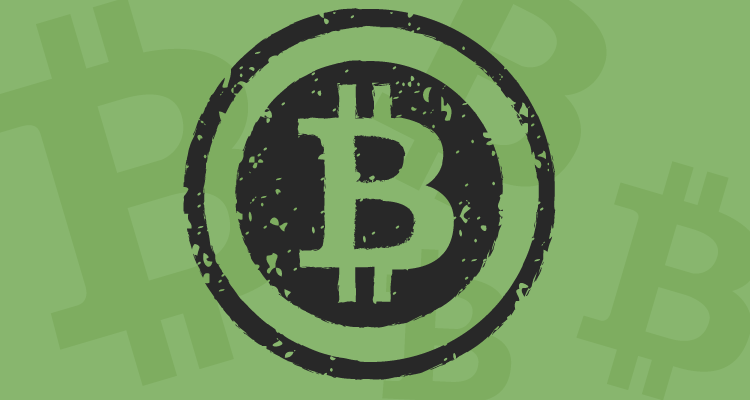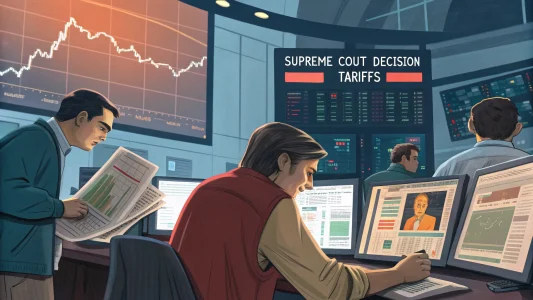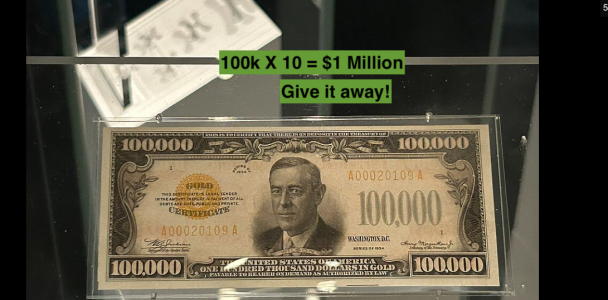Bitcoin and other cryptocurrencies have earned many headlines this year. Bitcoin, the most popular digital currency, jumped from $997 on January 1st to over $19,000 in mid-December. But many investors are still wary of Bitcoin, with JP Morgan CEO Jamie Dimon going as far as to call Bitcoin a “fraud,” and that “if you’re stupid enough to buy it, you’ll pay the price for it one day.”
While Jamie Dimon is clearly against Bitcoin, the Chicago Board Options Exchange (CBOE) and Chicago Mercantile Exchange (CME), two of the largest hubs of commodity trading, both listed Bitcoin on their futures contract exchanges in December, 2016. With this major nod to the stability and success of Bitcoin, is now the time to officially get on board with cryptocurrencies? Let’s take a look at what the big moves by the Chicago exchanges mean for Bitcoin.
Table of Contents
ToggleWhat is a futures contract?
If you are new to the world of options investing, futures may be a foreign word to you. Options and futures are generally interchangeable terms, and represent a contract to buy a specific asset at a specific price at a future date. Options have been around for hundreds of years, though a formal exchange was not set up in the United States. Historically, options contracts were created to help farmers and other commodity producers lock in a sales price for their crops before they were ready to sell on an open market.
For example, a rice farmer in China starts growing rice months before the rice is ready to harvest and sell. The farmer could find a grocery store or middle-market wholesaler to guarantee they will buy the entire crop at $X per kilogram on a future date. This guarantees the farmer will get paid a predictable price for their crop and the buyer will have a crop to buy with no ambiguity on the cost. This is a win-win for the farmer and the buyer, as neither have to worry about a major fluctuation in price eating away at their profits at harvest time. These are sometimes called futures, as they lock in the future price of an asset today.
Many futures contracts are written as options. In this case, the future sale is not guaranteed, but an option to buy an asset at a specific price is guaranteed. For example, let’s say gold is worth $1,500 per ounce today, and you think it will be worth more than $1,700 per ounce in two months. You can buy an option to purchase gold at $1,700 per ounce today, and if the price of gold goes above $1,700, you can exercise the contract for a profit. If the price goes to $1,800, you can exercise your contract and instantly recognize a $100 per ounce profit. If the price is below $1,700, your option expires and you lose the cost of the options contract, but don’t lose anything more.
This logic expanded to include stocks, bonds, and other assets traded on stock exchanges and other marketplaces. The biggest commodity markets in the United States are based in Chicago, where you can trade everything from corn to pork bellies to precious metals. These exchanges added other assets over time, including the aforementioned financial instruments like stocks and bonds.
How Bitcoin futures work
Bitcoin futures were added to the CBOE on December 10, 2016 and the CME a week later on December 17. These dates marked the start of official, legal, recognized options contracts on the major commodity exchanges in the US. To me, this is a major step forward in legitimizing digital currencies and moving them away from the “fraud” Jamie Dimon and others see in cryptocurrencies.
A Bitcoin option works just like the gold example explained above. I picked random numbers for that example, but you can see actual numbers posted on the exchanges and other market reporting websites live online. Futures contracts are priced based on the current asset price and market demand. Here is a snapshot of Bitcoin futures on December 21, shortly after the options went live on the major exchanges:

As you can see from the screenshot, you can buy contracts for Bitcoin with varying expected prices in January, February, and March. Bitcoin futures contracts are available through a number of brokerage firms, the largest and most noteworthy of which is TD Ameritrade. If you already invest in stock market futures, this will look and feel very familiar. If not, you should take a crash course in options before investing.
There are two primary use cases for Bitcoin futures: hedging current Bitcoin investments and profiting from Bitcoin without holding coins in your own portfolio.
Using futures as a hedge is a common tactic to protect assets from major losses, particularly when investing in volatile assets like Bitcoin. Here’s how a hedge would work. Let’s say you own 10 Bitcoins, and you are worried the price will fall and those coins will lose significant value. Rather than sell your Bitcoins and giving up future gains, you can buy a futures “put” (option to sell Bitcoin, rather than buy) contract on Bitcoin at a future date. If the price falls, you can exercise your contract and offset losses in the Bitcoin you own. If the price of Bitcoin goes up, your option expires like an unused insurance policy and the coins you own go up in value, where you get a profit.
If you want to profit from Bitcoin without buying, options are a great way to do so. You can simply buy an options contract for a future date and exercise your option for instant profit if the price rises above your option price. That is a low-risk method to dip your toe in the Bitcoin pool to test the water without diving into the deep end head first.
The CBOE and CME give Bitcoin legitimacy
Putting Bitcoin on the premier options exchanges gives the entire cryptocurrency system a nod of legitimacy. While Bitcoin is the only blockchain asset with official futures contracts today, Ethereum, Litecoin, and other currencies may not be far behind. Many currencies are popping up that look much less legitimate, but the major cryptocurrencies that show up on the CBOE, CME, and similar exchanges around the world are likely going to stick around and avoid a major drop to zero that some expect.
Do keep in mind, however, that cryptocurrencies are still new and are the wild west frontier of investing today. Some analysts say that Bitcoin looks like a bubble, and while the currency won’t go away, it will see a significant negative price correction sometime in the near future. Only time will tell for sure, but invest with extreme caution. I only invested what I wouldn’t mind losing, and put $200 into Bitcoin when the CBOE and CME news broke. That is now roughly doubled in value, but I don’t feel bad I didn’t invest more. Never invest more into cryptocurrencies that you can afford to lose.
Will Blockchain take over the CBOE
Blockchain based assets may be listed on the CBOE, but that is just a taste of what blockchain may do in the future. I am on the lookout for the CBOE, CME, and even NASDAQ and New York Stock Exchange to shift from the current method of asset tracking to one based in blockchain, the technology behind Bitcoin and other digital currencies. Again, only time will tell, but don’t be surprised to see blockchain take over Bitcoin futures and every other commodity and stock market in the years to come.











